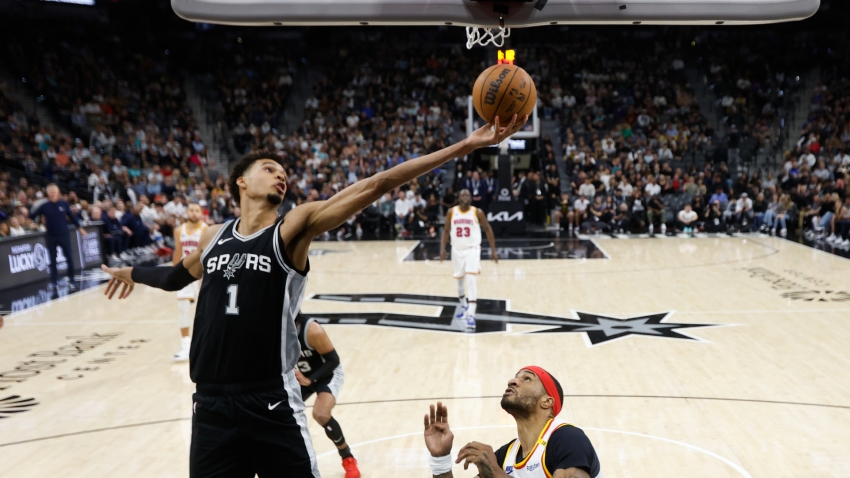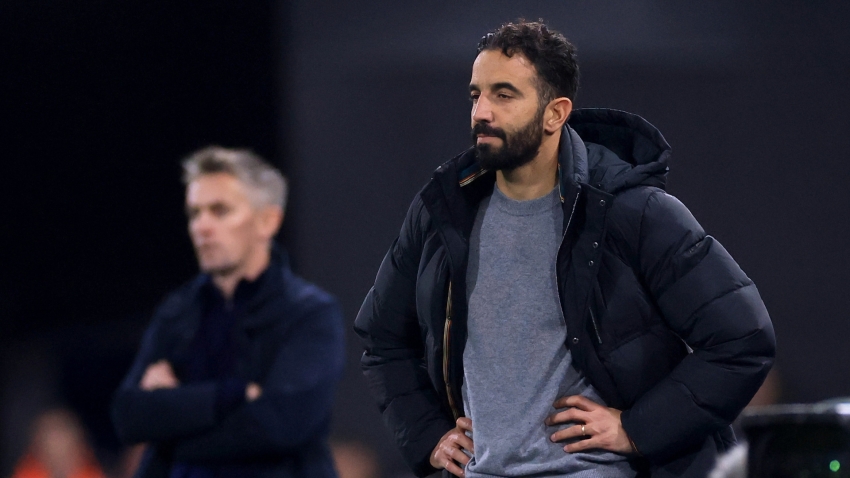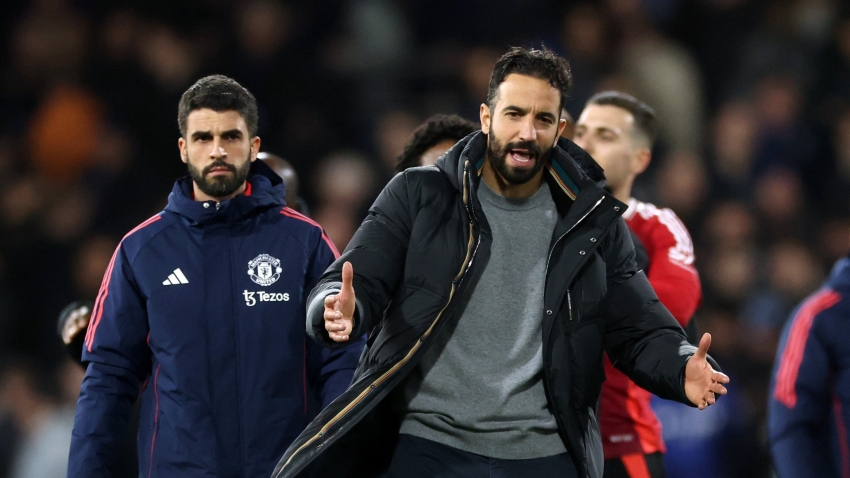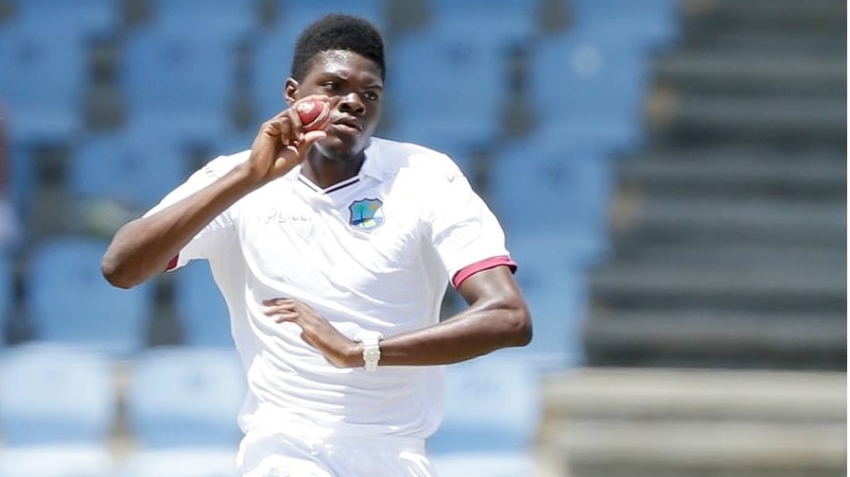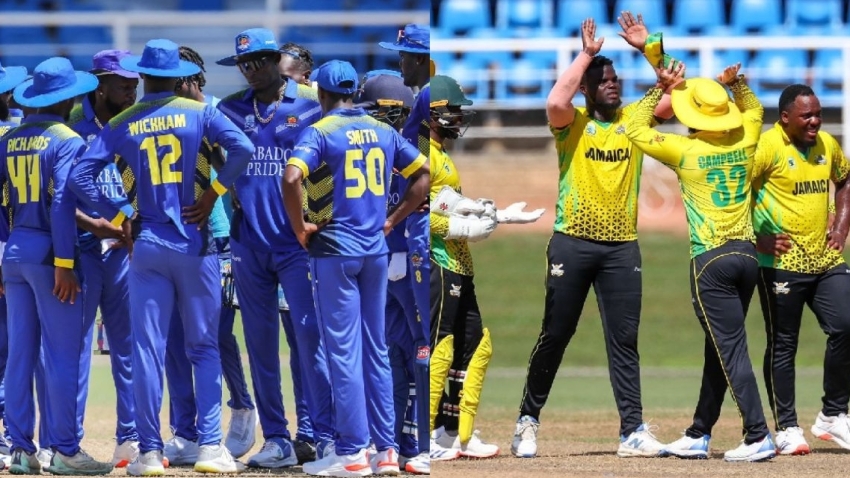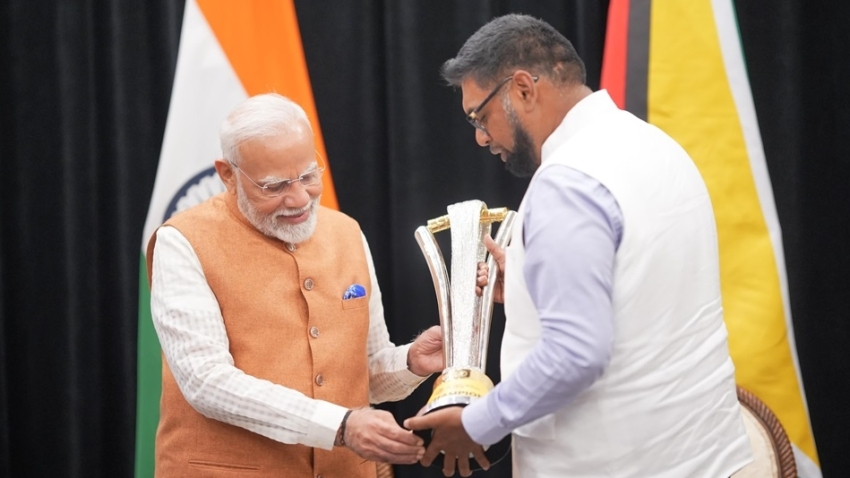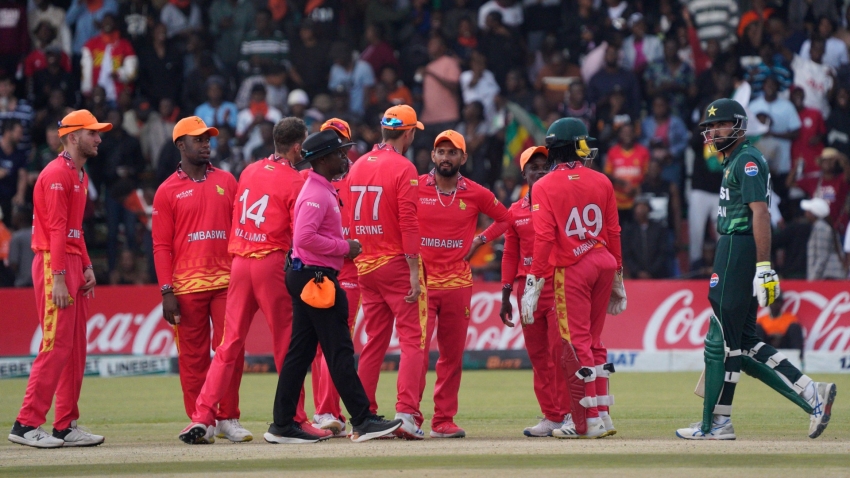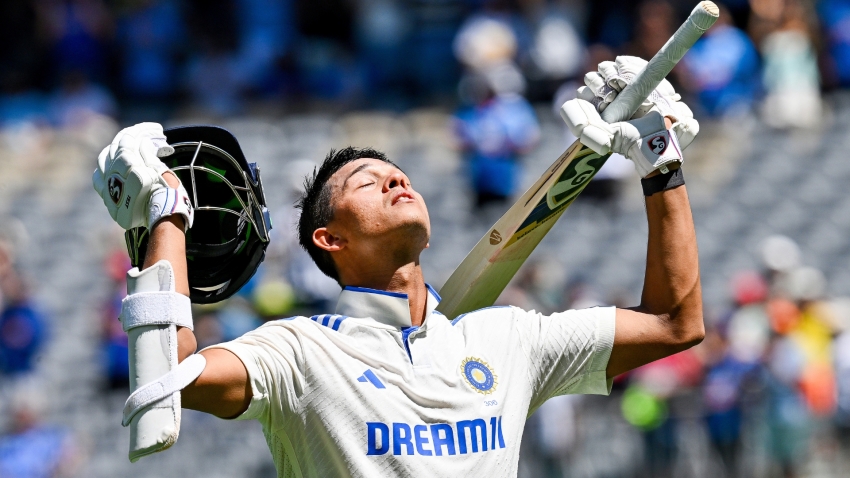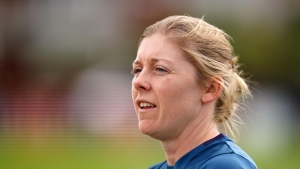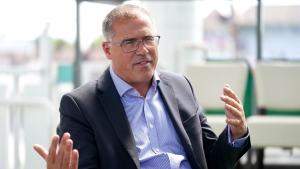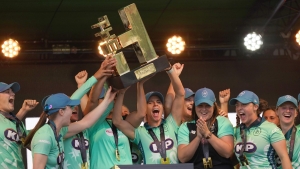England captain Heather Knight insists counties feeling upset by their failure to land a new ‘tier one’ women’s team represents “progress” for the female game, while the England and Wales Cricket Board have made it clear a disappointed Yorkshire have not been “punished for past sins”.
The move away from the current regional setup to a fully professionalised top flight from 2025, aligning with first-class counties in the process, is a major step forward for women’s cricket but not everyone has made the initial cut.
Durham, Essex, Hampshire, Lancashire, Nottinghamshire, Somerset, Surrey and Warwickshire were all successful, but eight other proposals were not. Yorkshire have been approved alongside Glamorgan to be elevated in 2027 and a further expansion to 12 teams is planned.
Yet that delay represents the latest setback for a proud cricketing county after several years mired by the Azeem Rafiq racism scandal and financial pressures which saw them reappoint the divisive Colin Graves as chair earlier this year.
However, ECB chief executive Richard Gould made it clear there was no sense of re-litigating those issues in a process that was focused entirely on elevating women’s cricket to fresh heights.
“It’s certainly not (about) being punished for past sins, that’s not our role. Our role is to promote the game, not punish,” he said at the launch of a new national tape ball competition, aimed at further broadening the sport’s appeal.
“It will be disappointing for those venues that either haven’t been selected for tier one at this point or who have been, but perhaps not quite as quickly as they expected.
“There will be individual circumstances but I don’t think anybody should see this as anything other than a positive for the women’s game – we’ve had 16 counties bidding so strongly to host professional women’s cricket.
“We were so relieved by the amount of focus, attention and frankly, love, that was being put into the women’s game in those bids.”
Knight, meanwhile, sees the intensity of the bidding process – and the level of frustration at those who were not approved – as a positive sign given a a relative lack of enthusiasm for female teams earlier in her career.
“It sounds like there’s some counties disappointed which is a shame but also pretty cool,” she said.
“When I was playing a long time ago, a lot of counties weren’t interested. So that disappointment is a sign of the progress that has been made.
“The regional structure has been super successful in professionalising the game and this is the next logical step.
“It has been a problem with regions, mine (Western Storm) has three different counties, and sometimes you feel you don’t have a home or a bit all over the place with facilities, not getting the same equal access as the guys do. Hopefully that will change with this coming in and counties will be accountable. That’s the whole idea: one club, two teams.”
Yorkshire, who have hosted the Northern Diamonds and can now expect their top players to head elsewhere in search of the best – and best-paid – cricket opportunities, had earlier tabled their own statement.
“Yorkshire County Cricket Club are surprised and disappointed not to be awarded one of the initial Tier 1 women’s teams,” it read.
“The news is especially frustrating and upsetting for the players and staff at the Northern Diamonds. Our focus is on supporting them through this difficult period and gaining as much clarity on what the future looks like.”
Simon Phillip, speaking as chair of a Kent side who have hosted the South East Stars in recent seasons, was similarly aggrieved.
“As the most successful county team in the history of Women’s Cricket, offering the only dedicated women’s performance centre at Beckenham and based in a highly diverse south-east London population of 1.2 million people, the decision is difficult to swallow,” he said.
“Whilst this decision will take some getting over, we remain committed to women’s and girls’ cricket and are determined to not let it hamper our long-term ambitions.”
Leicestershire were also vocal about their feelings on missing the boat, claiming “a missed opportunity by the ECB” and saying the club was “crestfallen” not be included.


